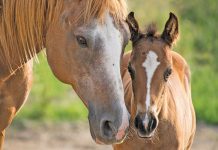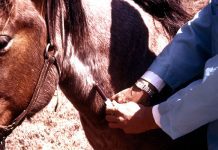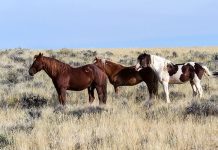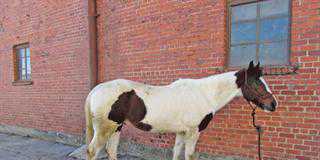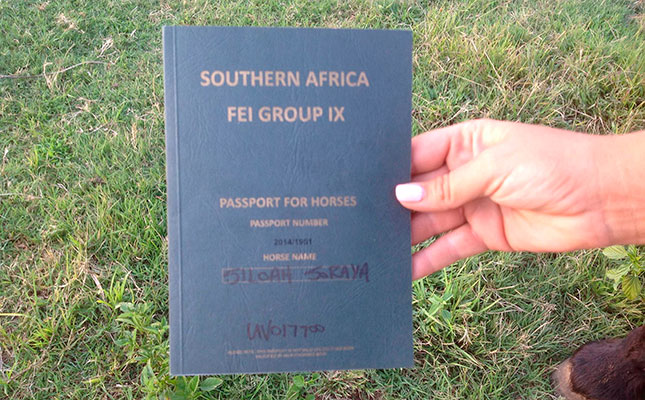
The SA Equestrian Federation (recently renamed the SA Equestrian Association), is affiliated to the International Federation for Equestrian Sports (FEI, from the acronym for its French name), the governing body for all equestrian sports. In 2013, a landmark agreement was signed between the FEI and the World Organisation for Animal Health to define a “sub-population of lower disease risk, high- health, high-performance (HHP) sport horses, which will be integrated into a country’s existing biosecurity systems that have been created to protect animals and human populations against the risk of disease spread”.
More recently, the International Federation of Horse Racing Authorities (IFHA) signed a memorandum of agreement allowing race horses to be included under the HHP umbrella. Both these agreements were linked to the use of standardised horse passports for movement of all HHP horses.
Consistency and simplicity
Equestrian sport and competitions hold considerable socio-economic benefits, but it was recognised that the movement of horses was becoming highly expensive and complicated. At the heart of the problem was a lack of consistency between countries in the criteria for import and export of horses and no regulations for temporary import of horses to compete in sporting or racing activities.
The HHP concept solved these problems, paving the way for a standardised horse passport that met all the requirements of animal identification, health status and traceability needed for disease control. In contrast to a horse used for breeding, a “sport horse” is an “equine athlete” that competes in any sporting discipline recognised by the FEI as an Olympic sport.
Race horses are in a slightly different category, but, as with sport horses, are intensively managed and moved around to compete in different countries.
A horse owner competing at a local show or endurance event may not fall into this high-level HHP category, but a horse passport still holds several advantages for him or her. Firstly, it indicates that the horse is part of the HHP subgroup and therefore legally allowed to leave its home for competition in other areas.
Secondly, it helps to safeguard the horse at a show, as all the horses there are vaccinated against high-risk diseases. In South Africa at present, these include only African horse sickness and equine influenza, but there is enough space in the passport for the inclusion of other vaccinations, should there be an outbreak of any other life-threatening diseases.
Yet another advantage of the horse passport is that it is a legal document identifying a specific horse either when bought or sold at a competition, or if stolen.
Vets’ signatures
In order to conform to international standards and norms, the horse passport must be checked and signed by the country’s representative of the FEI. Here in South Africa, this is the SAEF. To make the document legal, the description and identification of the horse has to be confirmed by a vet. All health certificates, including movement permits and vaccinations, must also be signed by a qualified vet.

